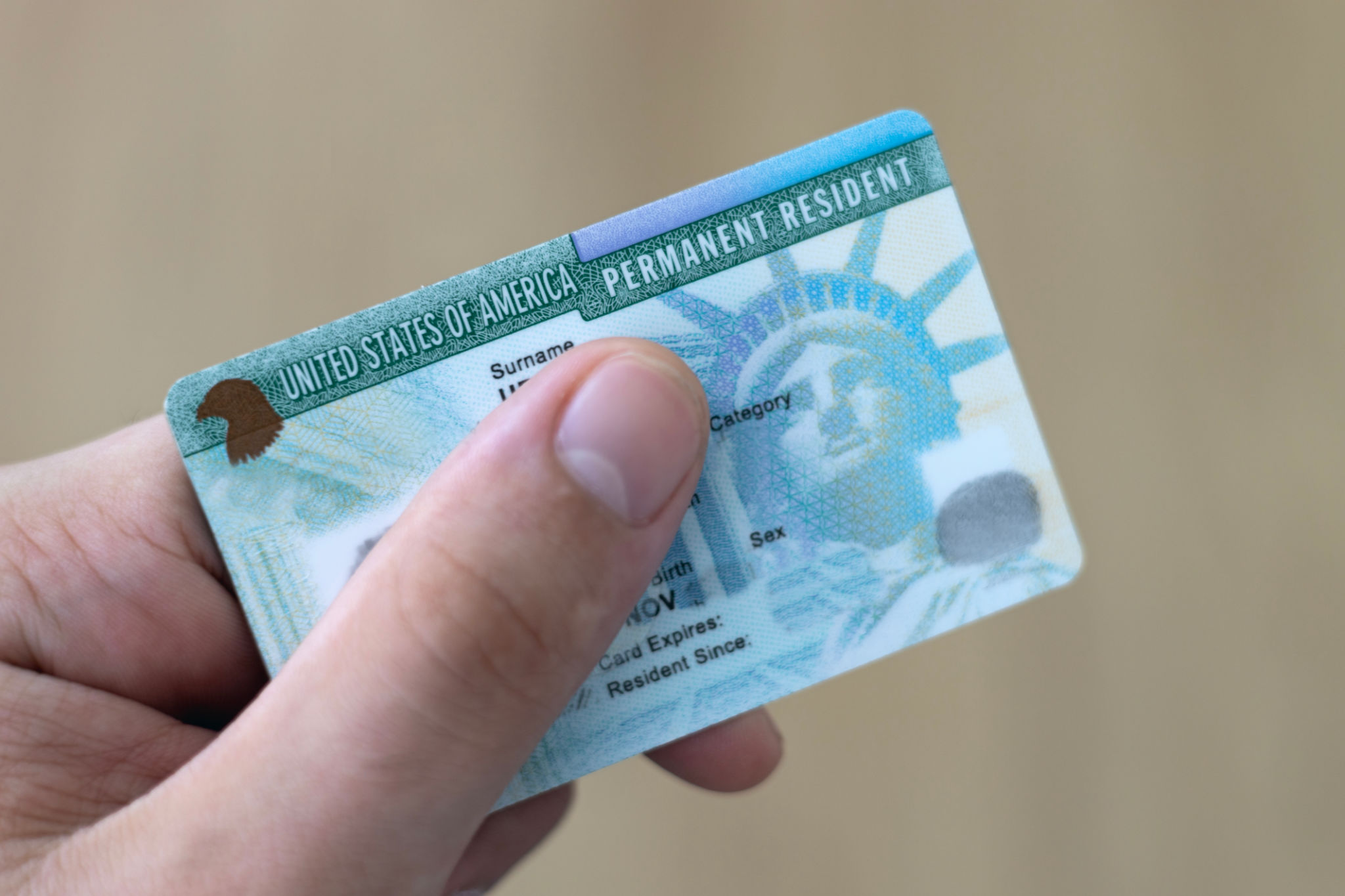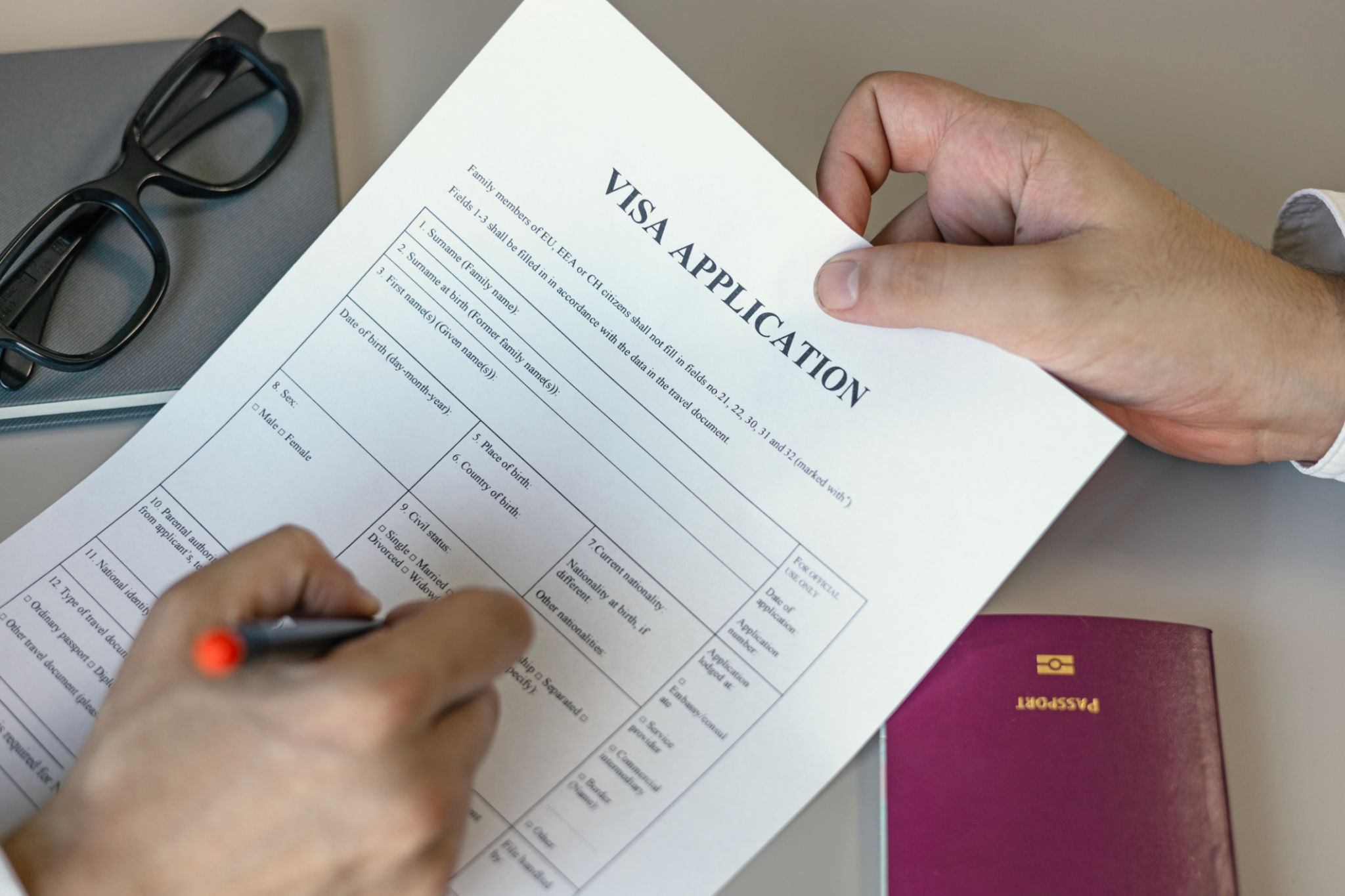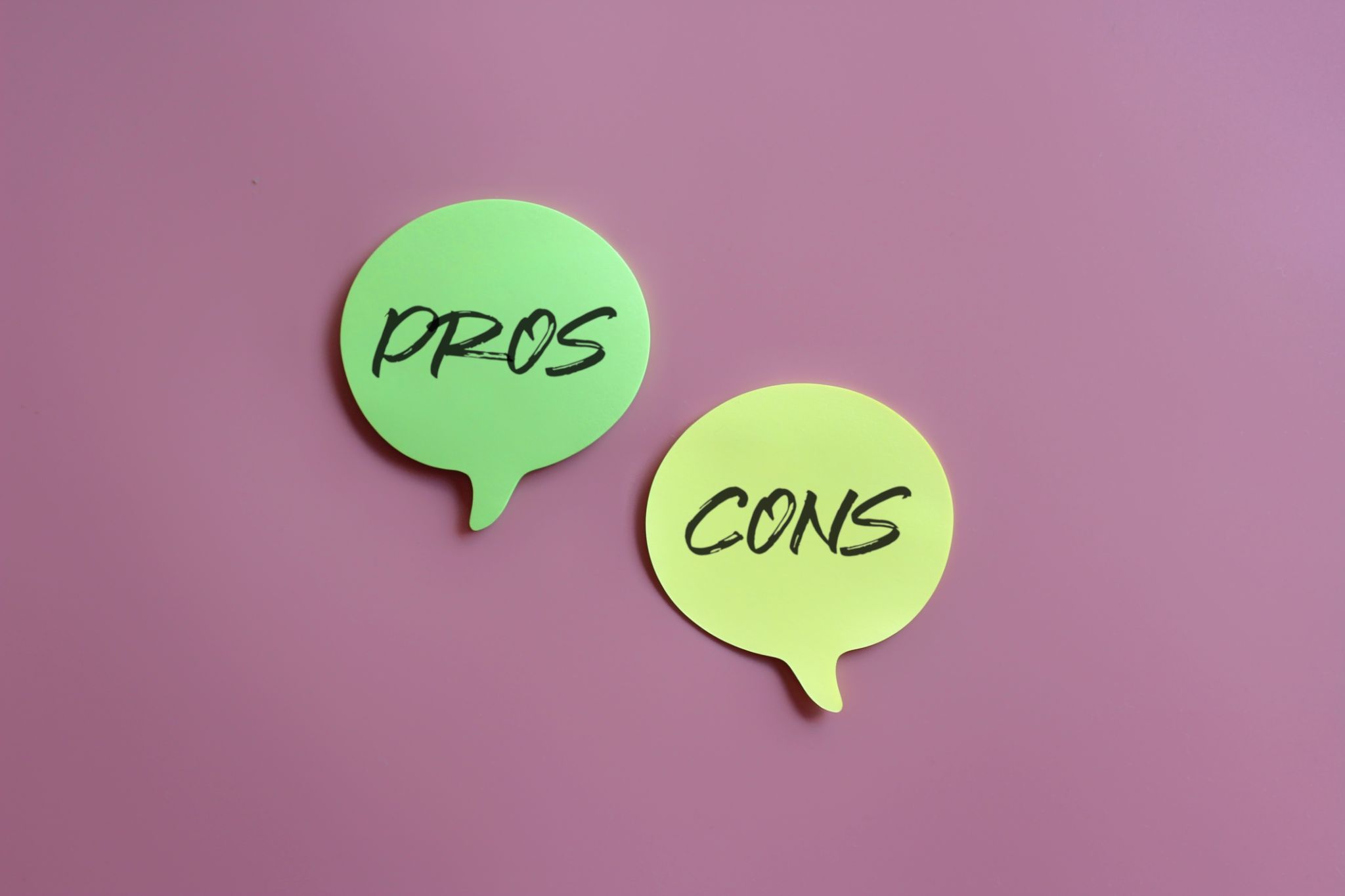Green Card vs. Work Visa: Which is Right for You?
Understanding Green Cards and Work Visas
When considering the move to the United States for professional opportunities, two common pathways are obtaining a Green Card or a Work Visa. Each option offers different benefits and requirements, making it essential to understand which suits your needs better. This guide will explore the advantages and limitations of both, helping you make an informed decision.

What is a Green Card?
A Green Card, officially known as a Permanent Resident Card, allows individuals to live and work permanently in the United States. It is often the step towards full U.S. citizenship. Green Card holders enjoy many rights similar to U.S. citizens, such as the ability to work for any employer and live anywhere in the country.
The pathways to obtain a Green Card include family sponsorship, employment, refugee or asylee status, and the Diversity Visa Lottery. Each pathway has specific eligibility criteria and processing times, often making the Green Card process lengthy and competitive.
What is a Work Visa?
A Work Visa is a temporary permit allowing foreign nationals to work in the U.S. for a specific employer. There are various types of work visas, such as the H-1B for specialty occupations, L-1 for intracompany transferees, and O-1 for individuals with extraordinary abilities. Each visa type has unique requirements and durations.

Work visas are generally quicker to obtain than Green Cards but come with restrictions. For instance, they usually tie the holder to a specific employer and may limit the duration of stay. Additionally, visa holders must renew their status periodically and may not have the same job flexibility as Green Card holders.
Pros and Cons of a Green Card
Having a Green Card provides significant advantages such as permanent residency, greater employment flexibility, and eligibility for government benefits. However, the application process can be complex, costly, and time-consuming. It requires fulfilling strict eligibility criteria and often involves long waiting periods.

Another downside is that while Green Card holders are not U.S. citizens, they must still comply with certain obligations like registering for the Selective Service (for males aged 18-25) and paying taxes on global income.
Pros and Cons of a Work Visa
Work visas offer a faster entry into the U.S. job market, allowing professionals to quickly take advantage of employment opportunities. They also provide a clear path for individuals who desire temporary relocation rather than permanent settlement.
Conversely, work visas often limit career mobility due to employer ties and can lead to uncertainty regarding renewals and extensions. They may also restrict family members' ability to work in the U.S., depending on the visa type.

Making the Right Choice for You
Deciding between a Green Card and a Work Visa depends on your long-term goals. If permanent residency and flexibility are your priorities, pursuing a Green Card might be the best option. However, if you aim for short-term employment or wish to quickly explore opportunities in the U.S., a work visa could be more suitable.
It is crucial to research thoroughly and consult with immigration experts to understand your specific situation better. Each pathway offers unique benefits tailored to different needs, ensuring that you embark on a journey that aligns with your professional aspirations and personal circumstances.